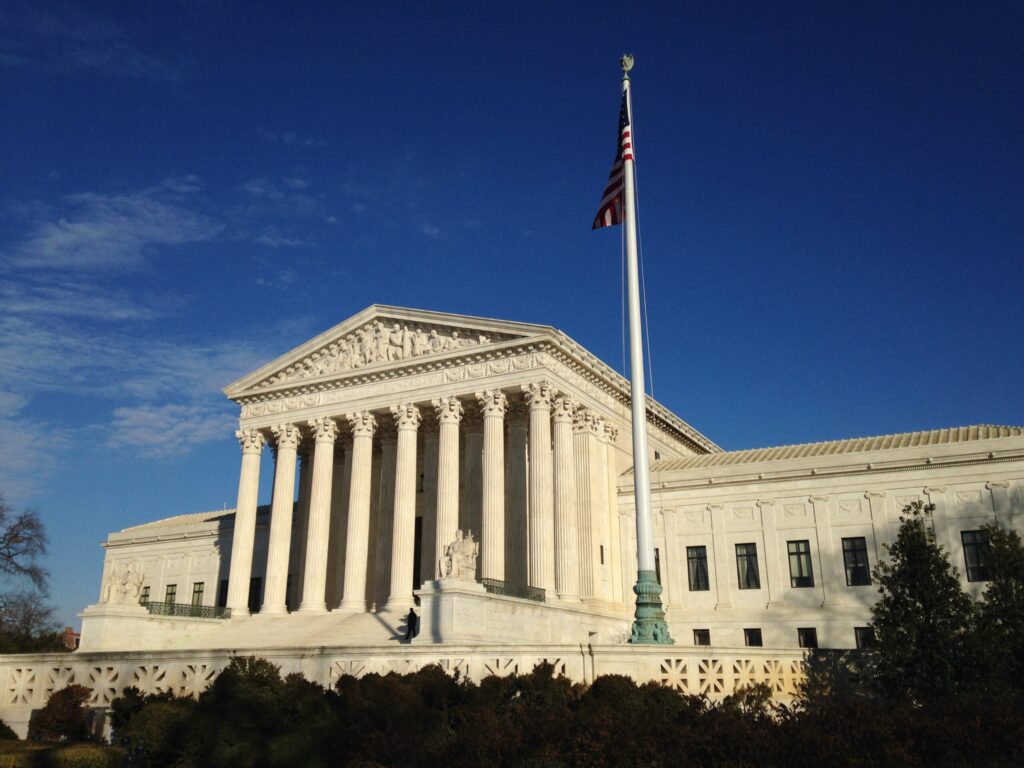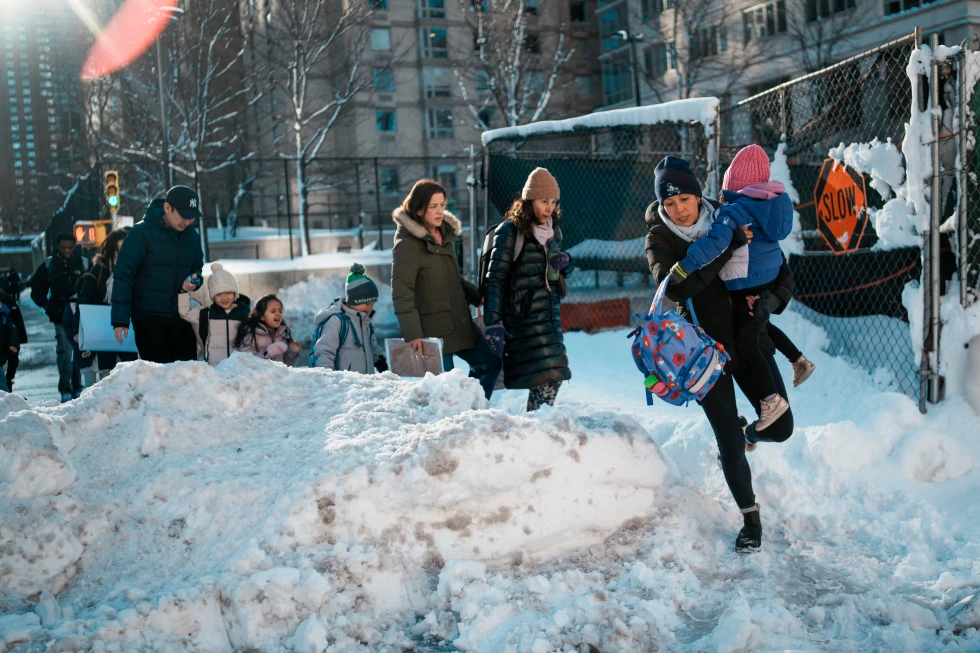Trump officials allowed by supreme court to resume deporting migrants to third countries

In a controversial 6–3 ruling, the U.S. Supreme Court has granted the Trump administration the green light to resume deporting migrants to third countries—even if those nations are not the migrants’ country of origin—without offering them the opportunity to contest the risks of such removals.
The decision overturns a lower court mandate requiring federal immigration authorities to give detainees a “meaningful opportunity” to present evidence that deportation to certain third countries could expose them to torture or death.
The ruling, delivered unsigned by the conservative majority, drew a sharp rebuke from the court’s three liberal justices—Sonia Sotomayor, Elena Kagan, and Ketanji Brown Jackson—who labeled the majority’s move “a gross abuse.”
“Apparently, the court finds the idea that thousands will suffer violence in far-flung locales more palatable than the remote possibility that a district court exceeded its remedial powers,” wrote Justice Sotomayor in a scathing dissent. “That use of discretion is as incomprehensible as it is inexcusable.”
A Case Rooted in High-Stakes Deportations
The legal battle centers on eight migrants from Myanmar, South Sudan, Cuba, Mexico, Laos, and Vietnam who were removed from the U.S. in May aboard a flight reportedly bound for South Sudan. The Trump administration labeled the individuals “the worst of the worst,” accusing them of crimes ranging from murder to arson and armed robbery.
However, attorneys for the migrants contend that many of them had no criminal convictions and were being deported without due process. The National Immigration Litigation Alliance, which represented the plaintiffs, called the ruling “horrifying.”
“This decision exposes our clients to torture and death,” said Trina Realmuto, the group’s executive director.
Lower Court Had Blocked Removals
Earlier this year, U.S. District Judge Brian Murphy, based in Boston, had blocked the deportations, ruling that migrants—even those who had exhausted other legal avenues—must be given a chance to argue against removal to countries where they may face persecution.
That ruling forced immigration officials to detain the group in Djibouti, a nation in the Horn of Africa that hosts a U.S. military base. According to U.S. Solicitor General John Sauer, the agents were forced to convert a conference room into a makeshift detention center to hold the migrants.
Sauer told the high court that some home countries refuse to accept deportees, creating logistical barriers to removal. In those cases, the U.S. faces the dilemma of either releasing migrants domestically or detaining them indefinitely.
Homeland Security Applauds Decision
The Department of Homeland Security welcomed the ruling, calling it “a victory for the safety and security of the American people.” DHS spokesperson Tricia McLaughlin added: “Fire up the deportation planes.”
A String of Wins for Trump on Immigration
This latest decision marks another legal victory for former President Donald Trump as he seeks to reinstate his hardline immigration agenda. In recent weeks, the Supreme Court has also allowed Trump to end Temporary Protected Status (TPS) for Venezuelan nationals—impacting roughly 350,000 migrants—and to suspend a humanitarian program benefiting nearly half a million migrants from Cuba, Haiti, Nicaragua, and Venezuela.
Together, the rulings signal a judiciary increasingly open to the executive branch’s sweeping authority over immigration enforcement—even as advocates warn of the potential human cost.
By Staff Writer, Courtesy of Forbes | June 24, 2024 | Edited for WTFwire.com
Source: BBC News
: 255







